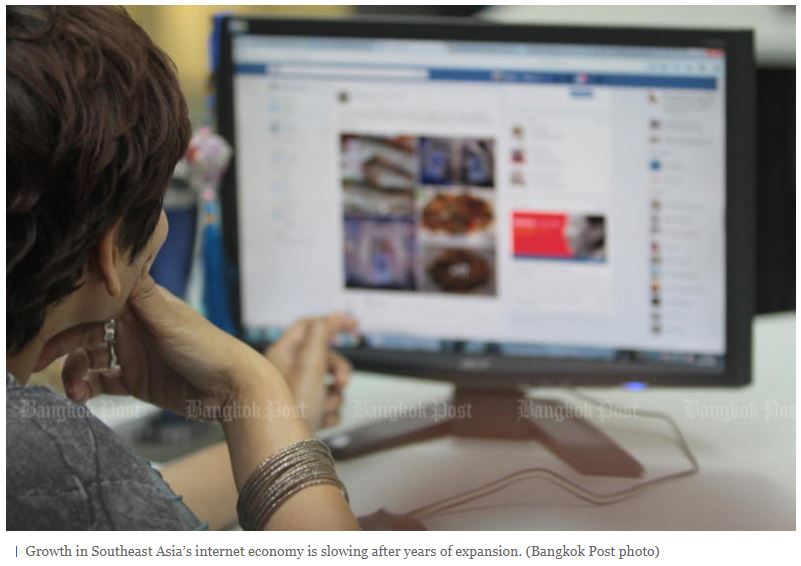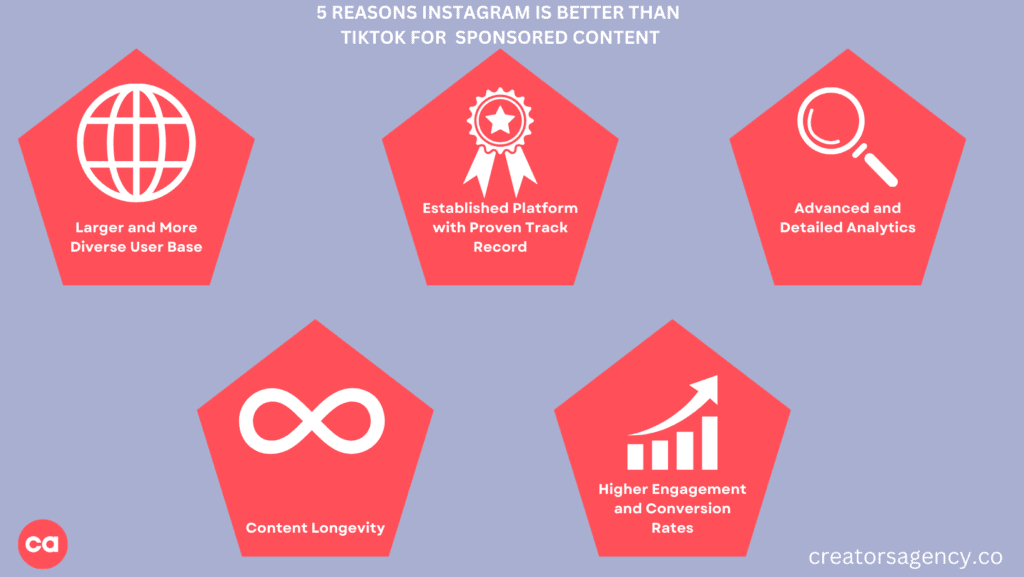The Crucial Role Of Middle Managers In Today's Workplace

Table of Contents
Bridging the Gap: Communication and Collaboration Between Leadership and Frontline Employees
Middle managers act as a critical link in the organizational chain, effectively translating strategic goals from upper management into actionable plans for their teams. This requires exceptional communication and collaboration skills. Successful middle managers understand the nuances of communication, ensuring that information flows seamlessly in both directions.
- Effective communication strategies: These include clear and concise messaging, active listening, regular team meetings, and utilizing various communication channels effectively. Open-door policies and transparent communication foster trust and mutual understanding.
- Overcoming communication barriers: Middle managers adeptly identify and address communication breakdowns, ensuring everyone is on the same page. This often involves conflict resolution, addressing misunderstandings, and promoting a culture of open dialogue.
- Utilizing various communication channels: Effective middle managers leverage a variety of tools – email, instant messaging, project management software, and regular one-on-one meetings – to tailor communication to the specific needs of their team and the situation.
- Building strong relationships: Cultivating strong relationships with both upper management and frontline employees is essential. This involves active listening, empathy, and a commitment to fostering a collaborative work environment. Strong relationships are the bedrock of effective team management and communication.
Driving Performance and Productivity Through Effective Team Management
Middle managers are directly responsible for driving team performance and productivity. This goes beyond simply assigning tasks; it involves motivating, mentoring, and creating a positive work environment where employees feel valued and empowered.
- Effective performance management techniques: This includes setting clear goals and expectations, providing regular feedback, recognizing achievements, and addressing performance issues constructively. Regular performance reviews are crucial for tracking progress and identifying areas for improvement.
- Strategies for boosting team morale and engagement: Middle managers create a positive and supportive atmosphere through team-building activities, open communication, and by recognizing individual contributions. Celebrating successes and acknowledging hard work are essential for maintaining high morale.
- Implementing effective performance monitoring and feedback systems: Utilizing tools and techniques to track progress towards goals and providing regular, constructive feedback are vital for driving performance improvement. This helps teams stay on track and address challenges proactively.
- Delegation strategies and empowering team members: Effective delegation involves entrusting team members with appropriate responsibilities, providing necessary support and resources, and allowing them the autonomy to make decisions. This empowers employees and fosters a sense of ownership.
Fostering Innovation and Adaptability in a Changing Workplace
In today's rapidly evolving business landscape, the ability to adapt and innovate is crucial. Middle managers play a vital role in driving this within their teams. They act as catalysts for change, encouraging experimentation and embracing new technologies.
- Identifying and nurturing innovative ideas: Middle managers actively encourage their team members to share ideas and provide a safe space for creativity and brainstorming. They recognize and reward innovative thinking, fostering a culture of continuous improvement.
- Encouraging experimentation and risk-taking: A supportive environment where controlled experimentation is encouraged allows teams to test new approaches and learn from both successes and failures. This fosters a culture of continuous learning and adaptation.
- Adapting strategies and processes: Middle managers are responsible for analyzing market trends, understanding competitive pressures, and adapting strategies and processes to meet changing business needs. This involves proactive planning and a willingness to adjust plans as circumstances evolve.
- Embracing new technologies and methodologies: Middle managers champion the adoption of new technologies and methodologies that can enhance team productivity and efficiency. This requires a commitment to continuous learning and a willingness to embrace change.
Developing Future Leaders: Mentoring and Training the Next Generation
Middle managers play a significant role in developing the next generation of leaders within the organization. They act as mentors, providing guidance, support, and opportunities for growth to junior team members.
- Effective mentoring strategies: This involves providing constructive feedback, sharing knowledge and experience, and offering guidance on career development. Mentoring relationships foster trust and mutual respect.
- Identifying high-potential employees: Middle managers actively identify and nurture high-potential employees, providing them with challenging assignments and opportunities for advancement. This helps ensure a strong pipeline of future leaders.
- Providing training and development opportunities: Middle managers work to ensure that team members have access to the training and development opportunities they need to enhance their skills and advance their careers. This investment in human capital is crucial for organizational success.
- Creating a culture of continuous learning and development: Middle managers foster a culture where continuous learning and professional development are valued and encouraged. This creates a more engaged and motivated workforce.
Conclusion
Effective middle managers are indispensable to organizational success. Their contributions extend far beyond simple task management; they are the architects of communication, the drivers of performance, the champions of innovation, and the developers of future leaders. They navigate the complexities of today's workplace, bridging the gap between leadership and frontline employees, and ensuring that organizational strategies are effectively implemented. Invest in your middle managers, empower your middle managers, and recognize the crucial role of middle managers in unlocking your organization's full potential. By fostering a supportive and development-oriented environment for middle managers, organizations can significantly enhance their overall effectiveness and competitiveness.

Featured Posts
-
 Sk Hynix Emerges As Dram Leader The Impact Of Artificial Intelligence
Apr 24, 2025
Sk Hynix Emerges As Dram Leader The Impact Of Artificial Intelligence
Apr 24, 2025 -
 B And B Spoilers Is Liams Life In Danger After His Collapse
Apr 24, 2025
B And B Spoilers Is Liams Life In Danger After His Collapse
Apr 24, 2025 -
 Nba All Star Game Draymond Green Moses Moody And Buddy Hield Participate
Apr 24, 2025
Nba All Star Game Draymond Green Moses Moody And Buddy Hield Participate
Apr 24, 2025 -
 Consumers Curb Spending Impact On Credit Card Companies
Apr 24, 2025
Consumers Curb Spending Impact On Credit Card Companies
Apr 24, 2025 -
 Instagram Launches Rival Video App To Attract Tik Tok Creators
Apr 24, 2025
Instagram Launches Rival Video App To Attract Tik Tok Creators
Apr 24, 2025
